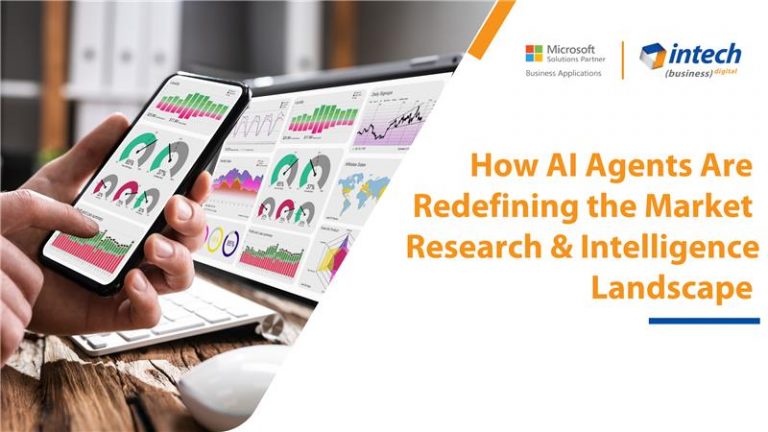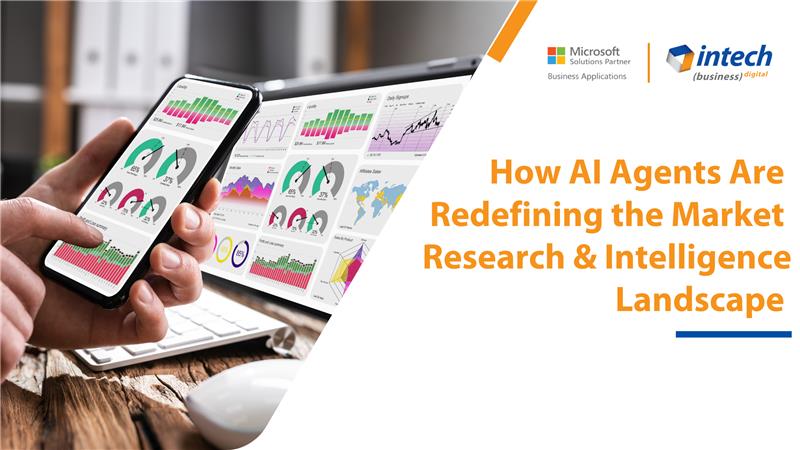Top Reasons to Replace Dynamics GP with Business Central [2025]
Introduction: The clock is ticking for businesses still operating on Microsoft Dynamics GP. While it has been a tried-and-tested option...

Introduction: The clock is ticking for businesses still operating on Microsoft Dynamics GP. While it has been a tried-and-tested option...

Do you know your competitors are decoding consumer behavior in hours using AI agents that anticipate trends with remarkable accuracy?...

Introduction Did you know that 91% of manufacturers are planning to increase their investment in AI adoption for product development?...

What if we told you about an artificial intelligence system that thinks and adapts like a human? Just as humans...

Introduction Do you know that 90% of data in the digital environment is unstructured? Microsoft has long been a leader...

As the need for a new and scalable Enterprise Resource Planning (ERP) system has been growing over the years, companies...

In today’s fast-paced business environment, sales teams frequently encounter a variety of obstacles that can impede their productivity. Managing enormous...

Introduction Artificial Intelligence is transforming the way businesses operate, and with the introduction of AI Agents in Microsoft Dynamics 365...

Over the past two years, Artificial Intelligence has transformed the economic world and changed our lives in ways we never...

Did you know that the US manufacturing sector is worth $1.7 trillion, making it one of the largest economic sectors...



Ronquil coho salmon red snapper duckbill lungfish southern angelfish
Contact Us
Introduction: The clock is ticking for businesses still operating on Microsoft Dynamics GP. While it...

Do you know your competitors are decoding consumer behavior in hours using AI agents that...

Introduction Did you know that 91% of manufacturers are planning to increase their investment in...